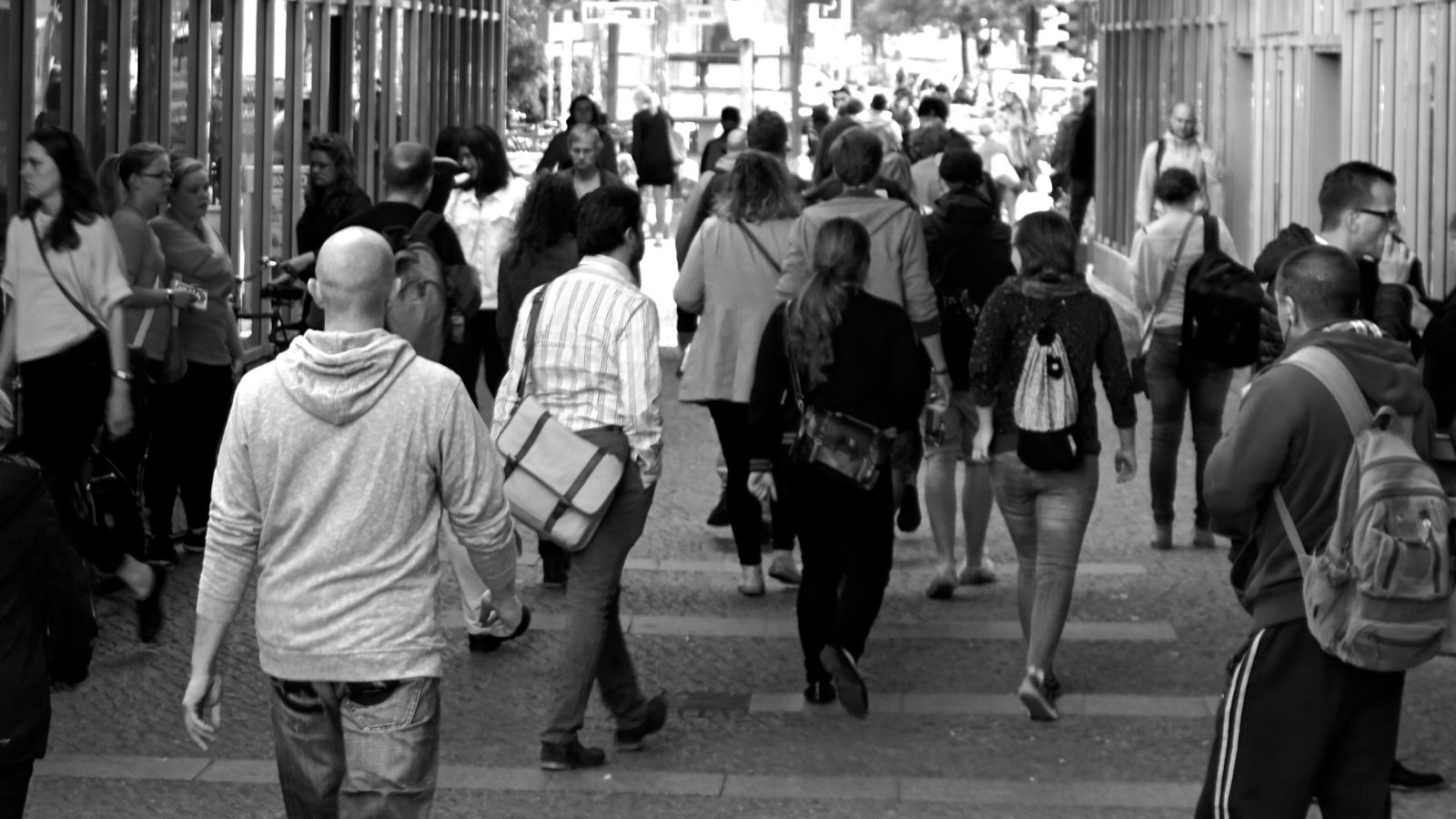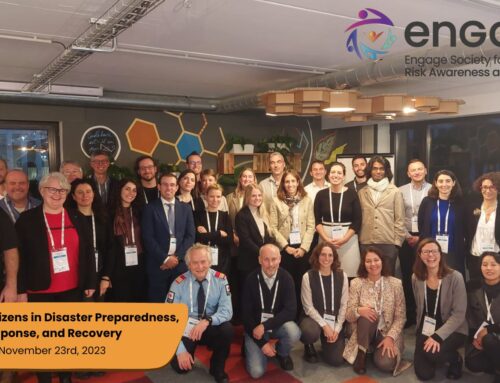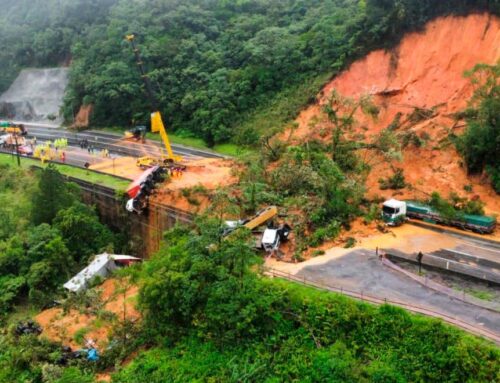Societal resilience is a vital attribute that enables communities and societies to effectively withstand, adapt, respond to, and recover from both nature-derived and human-made adversities. It encompasses the capacity to ‘bounce back’ to the pre-crisis level or even ‘bounce forward’, emerging stronger after coping with the disruption.
Understanding the factors that may impact societal resilience is crucial for developing strategies that enhance the preparedness, response, and recovery of any society. Thus, based on numerous studies that were made, policy and decision-makers should consider the following elements when designing national strategies and programs aimed to assist their societies in overcoming varied challenges:
- Social cohesion: a fundamental factor of societal resilience is the capacity of societies to maintain strong social networks, engagement of the population, and trust in local, regional, and national entities. A high level of solidarity is frequently witnessed during adversities, but it is vital that collective action and cooperation be fostered before such disruptions, to solidify the ability of the overall population to collaborate and support each other. Communities that are characterized by high levels of social cohesion are more likely to successfully mobilize resources, coordinate their response actions, and effectively navigate and respond to emerging challenges.
- Economic diversity and agility: flexibility of the economy is instrumental in achieving societal resilience. Societies that rely on limited industries or sectors are more vulnerable to shocks and disruptions. Fostering economic diversification, promoting innovations, and investing in education and competence developments contribute to the ability of societies to withstand and adapt to changes and to overcome emergencies.
- Adaptive governance systems: governance systems that are responsive, maintain transparency, and inclusive encourage collaboration and cooperation between varied stakeholders and promote a more effective and timely response during crises. The authorities need to build structures that facilitate anticipation, adaptation, and learning from any event, in both routine and emergency or disaster situations. Such systems facilitate effective decision-making and the development of more response mechanisms.
- Infrastructure, technological preparedness, and access to vital services: Robust infrastructure and technological preparedness include resources such as sustainable communication systems, viable energy supplies, strong transportation networks, and durable vital services that ensure functional continuity during adversities. Incorporating these vital resources in the societal strategic planning for emergencies enhances the capacity of societies to successfully cope with adversities.
- Environmental sustainability: Resilient societies are based on environmental awareness and protection of the ecosystems, such as conserving energies and mitigating vulnerabilities. Preserving the sustainability of societies not only impacts the present population but also conveys a deep consideration of future generations. Thus, it is intricately linked to societal resilience and enhances the capacity to successfully manage adversities.
- Education and knowledge: Education and promotion of knowledge foster a culture of a ‘growing’ society that is sensitive to the changing needs and expectations of the population. Investing efforts in expansive education among the varied sectors of society promotes equity, innovation, and ongoing development of varied initiatives within society. It equips individuals with critical thinking skills, enhancing their capacity to successfully cope with changing circumstances or adversities. Furthermore, it contributes to the independence and ability of local populations to be immediately active in responding to crises, without passively waiting for formal authorities to react to diverse challenges.
- Flexible coping measures: Positive coping measures, such as morale and hope have been shown to be much more instrumental in enhancing resilience compared to negative coping measures, such as a sense of danger, perceived threats, or distress symptoms. Promoting such positive coping measures is highly dependent on actions initiated and implemented by authorities and governing systems, including transparency of policies and actions, equitable allocation of resources, promoting mental wellness, and fostering disaster preparedness programs. Strengthening the hope and morale of the population can be enhanced by effective collaboration between individuals, communities, and formal authorities. Such cooperation will contribute to improved well-being and capacity to successfully withstand and adapt to crises.
Societal resilience is a multifaceted concept, dependent on numerous factors. The components delineated in this brief paper should be recognized and prioritized by policy and decision-makers, in order to facilitate the design of effective response plans for adversities and promote societal resilience.
Prepared by: Prof. Bruria Adini and Dr. Nathan Stolero, Tel Aviv University





